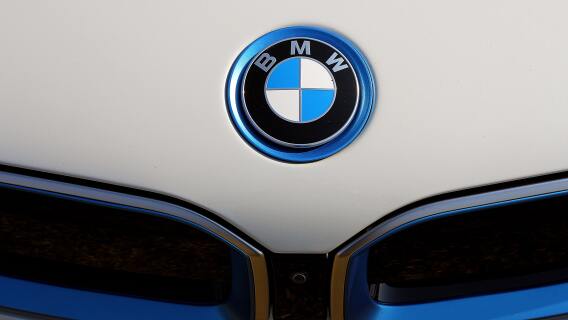Many companies that pay dividends might feel a little boring, but they get a lot more exciting when you get free money from them.
The interesting thing about companies that pay dividends is that they aren’t very interesting. But that’s kind of like saying the Toyota Corolla isn’t interesting. Sure, it’s not the flashy new carbon-fiber BMW i8. It doesn’t have the “cool” factor of a ’57 Chevy Bel Air. And it’s not as luxurious as a Rolls-Royce.
But when you look past the glamour of these cars, you realize the Toyota is kind of a marvel. That ’57 Chevy takes a lot of upkeep. And most of us aren’t in the market for a $450,000 Rolls-Royce Phantom. And that BMW? Hope you aren’t taking the family out for dinner since it only seats two.
That old Corolla, however, is generally affordable. It’s reliable. You don’t go to the driveway wondering if your car will start. You definitely shouldn’t expect the “tranquil haven” that a Rolls offers, but you also don’t need to worry when your kid drops an entire bowl of Cheerios in the back seat.
This car has been in production since 1966, will give you somewhere around 300,000 miles, and the insurance is a lot less expensive. If stocks were cars (please, no stock car jokes here), the Toyota Corolla would be a dividend stock. But that doesn’t answer the question of why companies that pay dividends belong in your portfolio.
[text_ad]
The benefits of holding stock in companies that pay dividends
Sticking with the car metaphor for a moment longer, just like there are glitzy cars, there are also plenty of shiny, snazzy stocks. Some of them have substance, for sure. No one can argue with the quality of a Rolls-Royce. Similarly, Tesla (TSLA) has plenty of quality attributes, but it’s not the most affordable stock on the market.
Many of these stocks don’t pay dividends, either. Tesla doesn’t. Nor does Uber (UBER), Zoom (ZM), or even Facebook (FB). They might be fun and glamorous, but you won’t find an IPO or a fast-growing tech startup with a nice dividend yield.
You know who does? Those old boring, uninteresting stocks. And while it’s not true of every dividend stock, many of them are household names. They’re sitting in plain sight. They’ve been paying a dividend for decades, often growing that payment every year. These are companies like Yum! Brands, Inc. (YUM), which owns Pizza Hut and Taco Bell. Or there’s Pepsi (PEP), Johnson & Johnson (JNJ), and Procter & Gamble (PG). PG doesn’t make it to the financial headlines often these days, but the company has paid a dividend to shareholders for 130 years, and it has increased its dividend for 64 consecutive years.
When you buy stock in companies that pay dividends, like these, you’re getting the Toyotas of the stock world. They’re steady, reliable, and affordable enough to add to your portfolio. One of those stocks might even be Toyota (TM); the company has paid a dividend for over 20 years.
Companies with the cash flow to pay regular dividends typically make safer, more reliable investments from a safety standpoint. The best dividend-paying stocks are high-quality, long-lived companies with predictable business models—they aren’t going to suddenly crash due to a lousy quarter or an adverse news event.
In part, that’s because companies that pay dividends aren’t dependent on their share price rising to be successful investments. When you buy a dividend stock, you’ll receive a steady stream of income—generally every quarter. If the market crashes and the share price begins to fall, you still have a nice 3% or 4% yield (or higher) to temper any loss.
You still have to do your homework. Companies that pay dividends aren’t automatically good investments. But for long-term, low-risk investing, it’s smart to have at least a percentage of these stocks in your portfolio.
Now, if you want to know the names of some of the best dividend stocks today, I highly recommend subscribing to our Cabot Dividend Investor advisory, where as of this writing Chief Analyst Tom Hutchinson boasts an average total return of 38.5% on his dividend stock recommendations, with an average dividend yield north of 4%.
To learn the names of his market-beating dividend stocks, click here.
How much of your portfolio is dedicated to dividend stocks? Have these been good investments for you? Let us know in the comments.
